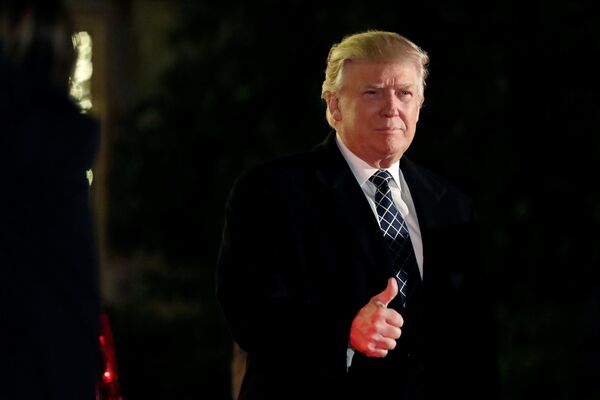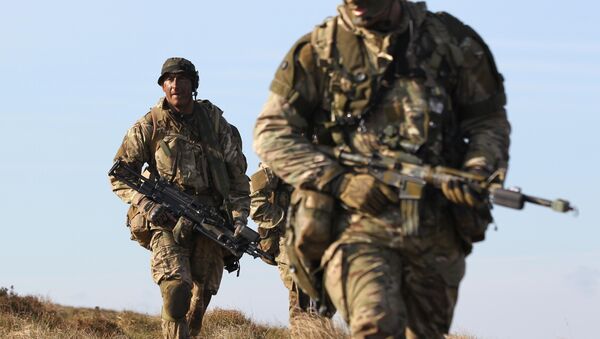A new report from think tank the Royal United Services Institute (RUSI) says the temptation to use the UK's "security surplus" — its role as the leading West European military and intelligence power — as a bargaining chip should be resisted.
"possibility that the position of @NATO DSACEUR might be transferred to a #NATO member that remains part of the #EU" https://t.co/wEcFlBbcaY
— thomas_wiegold (@thomas_wiegold) January 10, 2017
"The UK's contributions to European security can, however, help to remind other EU states of the strong interests and values that they will continue to have in common. It will be hard for the UK to maintain its influence in areas (such as the Balkans, Ukraine, North Africa and Turkey) where access to EU markets and, in some cases, the prospect of EU membership, is a powerful policy lever, and where other EU member states are likely to take advantage of Brexit to increase their own influence," the report says.
RUSI says there is already "discussion" of the possibility that the position of NATO Deputy Supreme Allied Commander (DSACEUR), which the UK has held since 1951, might be transferred to a NATO member that remains part of the EU.
"There may be creative ways to handle this issue. Even so, the fact that it is already being raised is a clear message that the UK's influence within NATO cannot be entirely ring-fenced from the consequences of Brexit," the report states.
Although RUSI's analysis believes UK influence on European security will remain considerable, given its position as NATO's most capable, and willing, European power, "it will become harder for the UK to translate this commitment into political influence; it will have to work hard to ensure that its policy inputs are not an afterthought to the results of US/EU dialogue."
EU Military Cooperation
The UK has been a vocal opponent of the creation of a so-called EU army — a closer security and military cooperation within the EU — but RUSI believes it may be forced to explore such a route after Donald Trump becomes US president.

The RUSI report says that, after Brexit takes place, the UK will no longer be represented at the hundreds of meetings through which the EU decides how to respond to international issues.
It says it is "unrealistic" to expect that the UK will be able to maintain a significant observer role.



